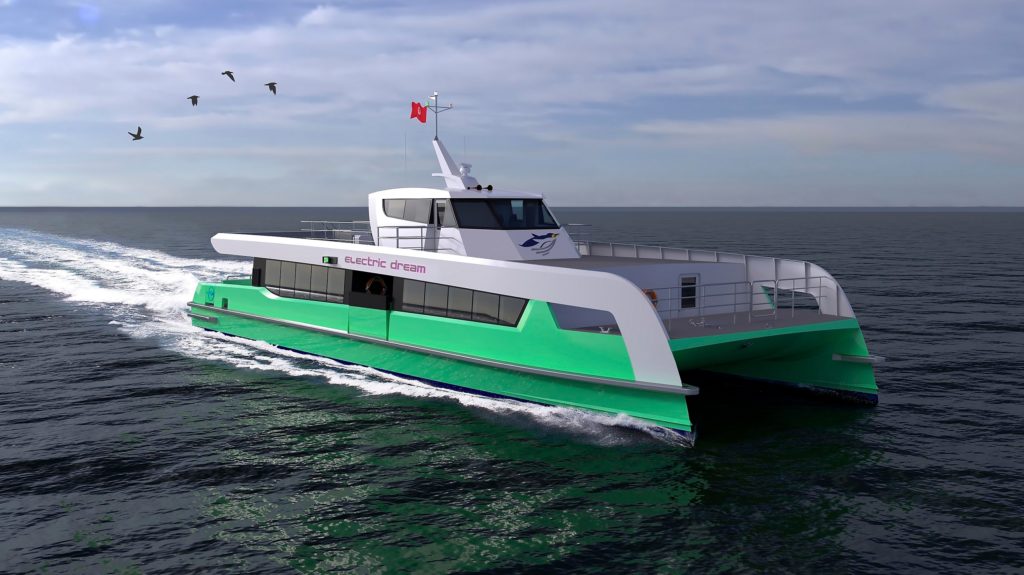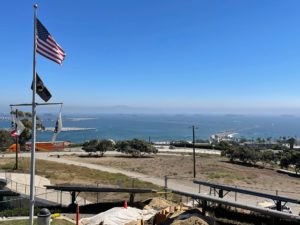Shell to launch Singapore’s first fully electric ferry service

Shell has placed an order for at least three fully electric ferries which, when operational, will be the first fully electric ferry service in Singapore, and a first for Shell globally.
The new 200-seater, single-deck ferries will be used to transport passengers between mainland Singapore to Shell’s Energy and Chemicals Park on the island of Bukom, replacing the conventional diesel-powered ferries currently used.
Singapore-based company, Penguin International Limited, has been awarded the contract to design, build and operate the electric ferries which are expected to set sail in the first half of 2023.
“Shipping’s future will involve different parts of the sector using different fuels, and electrification is a solution to decarbonise short voyages, including port operations,” says Nick Potter, general manager of Shell Shipping and Maritime, Asia Pacific & Middle East. “Switching to zero-emission, fully-electric ferries is part of Shell’s ambition to help accelerate progress towards net-zero emissions in the shipping sector. I thank Penguin and the Maritime and Port Authority of Singapore in supporting this shared ambition.”
The approximately 5.5km ferry route off the Straits of Singapore is a busy connection, transporting around 3,000 passengers a day, or an estimated 1.8m passenger trips annually.
The fully electric ferries will be powered by a lithium-ion battery system with a capacity of 1.2 MWh and run at speeds of over 20 knots with zero emissions and noise. When berthed at Shell Bukom, the ferries will be charged via a combination of fast charging during peak hours, and slow charging during off-peak hours and overnight.
Quah Ley Hoon, chief executive at the Maritime Port Authority, comments: “The Maritime and Port Authority of Singapore is committed to lower the carbon footprint of our local harbour craft and our port operations. Shell’s bold move to commission new fully electric ferries will take us a step closer to making a low-carbon future a reality for our maritime sector.”










